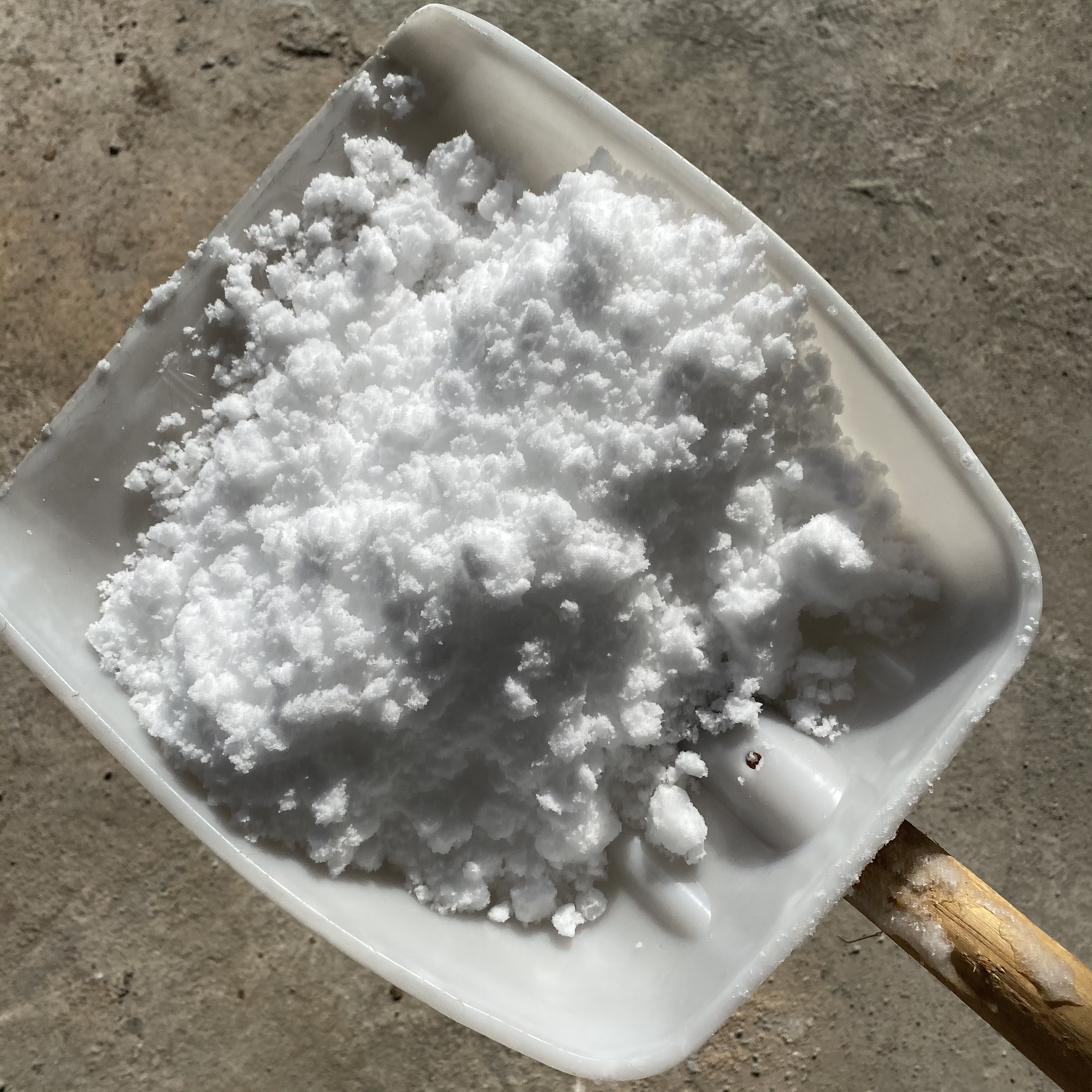Hazards Of Ammonium Bifluoride
Ammonium bifluoride (NH4HF2) is a hazardous substance that should be handled with caution due to the following hazards: 1. Corrosive: Ammonium bifluoride is corrosive to the skin, eyes, and respiratory system. Direct contact with the compound or its solutions can cause severe burns, tissue damage, and eye injuries. Inhalation of its fumes or mists can irritate the respiratory system and cause respiratory distress. Excessive splashing on the skin can cause death. 2. Toxicity: Ammonium bifluoride is toxic if ingested or inhaled. Ingestion can lead to severe internal damage, including burns to the digestive tract. Inhalation of the compound's dust or vapors can cause lung damage and systemic toxicity. High concentration of vapors can cause severe burns to the lip, mouth, pharynx and lungs. May result in fluid accumulation in the lungs and death. Oral administration causes salivation, nausea, vomiting, diarrhea and abdominal pain, followed by tremors, coma, and death due to respiratory paralysis. Can be absorbed through the skin. Chronic exposure causes dental fluorosis and skeletal fluorosis. 3. Sensitization: Prolonged or repeated exposure to ammonium bifluoride can lead to sensitization, where an individual becomes hypersensitive to the compound. This can result in allergic reactions upon subsequent exposures, even to low concentrations. 4. Environmental hazards: Ammonium bifluoride is harmful to aquatic life. If released into the environment, it can contaminate water bodies and have detrimental effects on aquatic organisms and ecosystems. 5. Reactivity: Ammonium bifluoride is reactive with various substances, including acids, bases, metals, and organic materials. It can release toxic gases or undergo violent reactions when in contact with incompatible materials. 6. Storage and handling precautions: Due to its corrosive nature, ammonium bifluoride should be stored in a cool, dry, and well-ventilated area, away from sources of heat, ignition, and incompatible substances. Proper personal protective equipment (PPE), such as gloves, goggles, and a respirator, should be worn when working with or near the compound. In case of accidental exposure or ingestion, immediate medical attention should be sought, and relevant safety procedures and guidelines should be followed to minimize risks and ensure proper handling and disposal of ammonium bifluoride.
